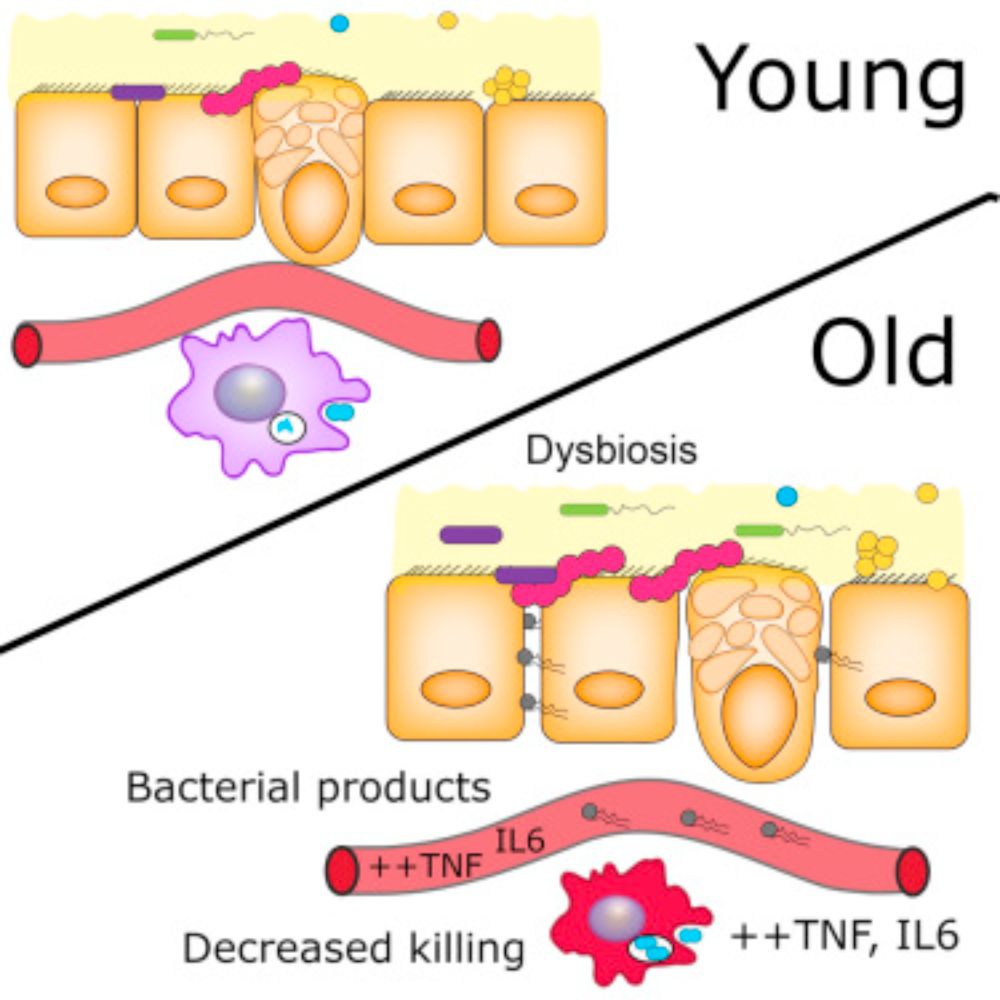I'm looking to add a PhD student and a post-doctoral scholar to my lab! Possible research foci: #personality#selfregulation#aginghealth.oregonstate.edu/directory/su...#PsychSciSky#PNI

My research primarily addresses the interactions among psychological, cognitive, immunological, and physical health in older adults. For example, how does personality affect risk for Alzheimer’s disea...
MOF nanoflowers-based flexible portable NO sensors for human airway inflammation detection https://www.sciencedirect.com/science/article/pii/S1385894724076757
Ok folks my inflammation is receding. I think it was smoking weed and taking long, contemplative night walks in the rain that fixed it. Upper left back has been sore and I thought I was gonna have a cardiac event but it seems fine now.
Apparently a lot of chronically ill people experience rejection sensitivity dysphoria in autumn because of "inflammation" (yeah I dunno either) and I've definitely been feeling that while ALSO maintaining the same levels of spiciness which is ... not a great combo. Thank u for your patience.
Muscle tissue damage, inflammation, and possible necrosis are present in the bottom right, so maybe fibrosis as well. The top right repeat demyelination/myelination appear to be chronic insults. So, ACH or some other chronic myopathy and inflammatory muscle disease?
How bad is inflammation really?

Doctors explain how to tell the truth from social media BS.
Oh yeah my new shrink thinks i just need to de-stress to decrease inflammation. Im like sure
Tl;dr The age-related leaky gut -> increased circulating bacterial products -> systemic inflammation hypothesis may only be true in females! (also - always investigate sex in your research) 9/n
One of the major theories is that with age a dysbiotic microbiota causes the gut to become leaky (alternatively, the gut gets leaky with age and this alters the microbiota). Bacterial products leak out and cause inflammation. We've published in mice, others in other model organisms 5/n

Systemic inflammation increases with age, but the underlying causes are debated. Using young and old germ-free and conventional mice, Thevaranjan et al. demonstrate that age-related microbiota changes...
Any boost is appreciated, I haven't had proper food in over a day. It begins to further weaken me. The colitis makes eating even some basic staple foods painful and not worth the inflammation and bleeding. Thanks for your help. 💕💸 #MutualAidRequest#HelpFolksLive2024#Disabled
I’m bedridden with severe spinal pain, deformities, fractures, & flaring colitis. I need $260 for food, meds, & the electricity. I see the neurosurgeon on 16th. Any share or donation helps, thank you so much! CA: cash.app/$patbruck PP: paypal.me/pbruck GFM: gofund.me/22a6d6b6 Venmo: pbruck

Instantly exchange money for free on Cash App